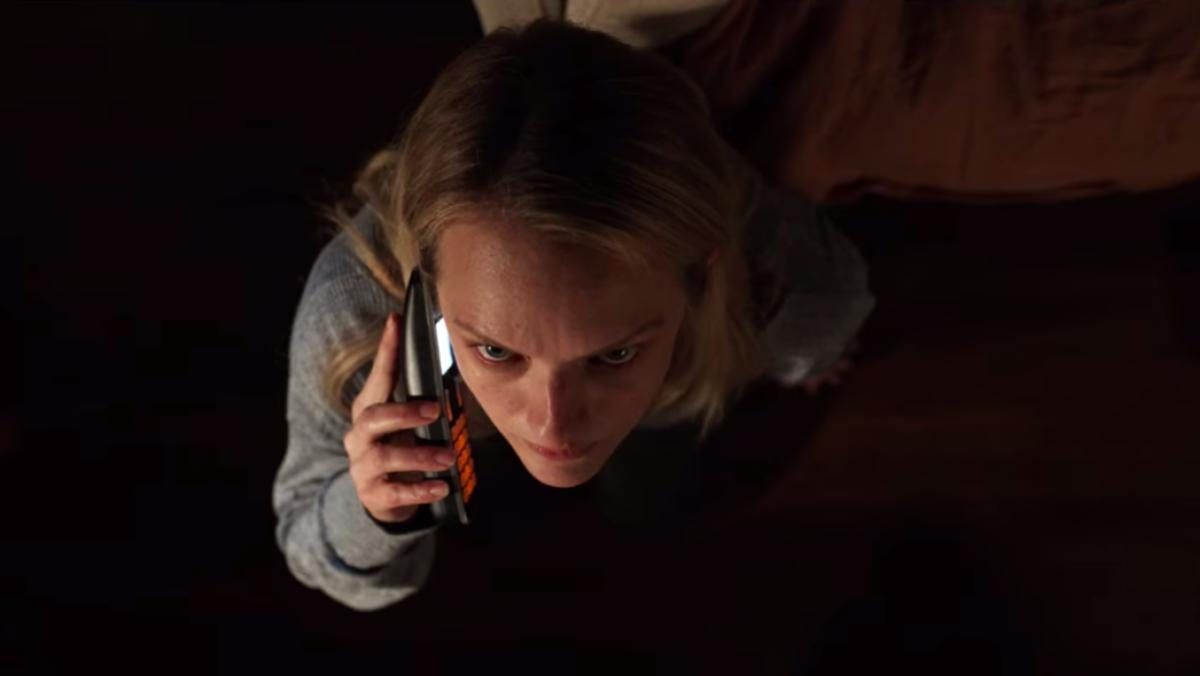Nearly three-quarters of a century before the Marvel’s Cinematic Universe would put into motion a long-term interconnected series of films, Universal Pictures would assemble a shared universe of their own centering on horror and science-fiction characters. This continuity of films that would later be known as Universal’s “Classic Monsters” includes Dracula, The Mummy, and Frankenstein, among others, and has been in recent years targeted for a series of reboots. The most recent attempt, known as the Dark Universe, kicked off with Dracula Untold and the 2017 iteration of The Mummy. The former went to lengths to establish the brand, even going as far as establishing Russell Crowe’s Dr. Jekyll as an analog to Marvel’s Nick Fury, summoning the various disparate characters together for future world-building. The Mummy‘s box office and critical failure would put this entire endeavor on hold.
With the future of the Dark Universe in question, Universal decided to switch gears and return to stand-alone adaptations featuring their “monsters”. Instead of the mid-to-big budget remakes/reboots that failed more often than not, production of their next film The Invisible Man, which once would star Johnny Depp, would instead go to producer Jason Blum, famous for churning out notably profitable genre films on extremely lean budgets.
The Invisible Man, written and directed by Leigh Whannell (Upgrade, Insidious: Chapter 3), stars Elizabeth Moss as Cecilia, a woman fleeing an abusive relationship with Adrian (The Haunting of Hill House‘s Oliver Jackson-Cohen), a wealthy tech engineer. After Adrian’s apparent suicide, Cecilia begins to question her own sanity when she starts to suspect that he may not actually be dead but rather has found a way to make himself invisible and torment her endlessly.
The first part of Whannell’s genius approach to reviving this classic is in flipping the premise on its head. Whereas previous adaptations of the H.G. Wells novel would chronicle a man’s slip into madness at the fault of his hubris, this very loose retelling instead reframes the story as a tale of gaslighting from the perspective of his victim. At the beginning of the film, Cecilia is in a fearful and vulnerable state having just exited a manipulative relationship, constantly looking over her shoulder. The dynamic between her and Adrian continues post-“break-up” as he invisibly stalks her, meddling from beyond the grave in her personal affairs. Her journey throughout the film is both metaphorically and literally a fight to take back her life.
Themes and dramatic subtext aside, The Invisible Man is also a marvel of constructing a taut psychological thriller, in every sense of the term, on a minimal budget, all while keeping it visually appealing. The second ingredient to the film’s success is in taking advantage of the “invisible” aspect of the film and playing it up to create art out of negative spaces. There are countless times in the film where I noticed my palms sweating while watching an empty hall or unblocked doorway.
Q: How do you save money on special effects for your horror movie?
A: You show the audience something simple, recognizable, or perhaps nothing at all, and simply insinuate that things aren’t what they seem. It’s difficult to get more psychological than that.
8

